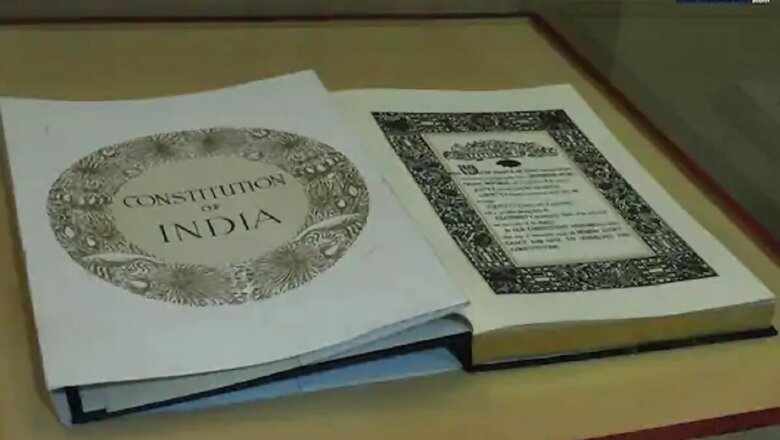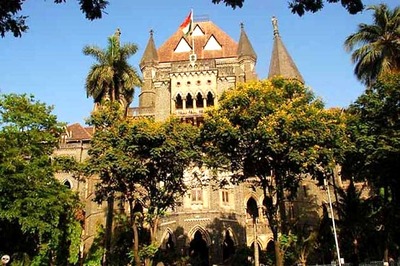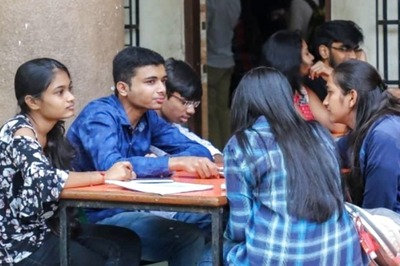
views
Republic Day 2021: All you need to know about the Indian Constitution | India celebrates Republic Day on January 26 to commemorate the day when the Constitution came into effect back in 1950 and to honour the country’s independent spirit. The day is marked special by the tricolour hoisting and famed parade performed by the armed forces. Here is all you need to know about the Constitution of India:
What is the Constitution of India?
It is considered to be the supreme law of the country. At the time of its commencement, the Indian Constitution had 395 articles in 22 parts and 8 schedules, making it the longest in the world. Also, it is the second-largest active constitution in the world comprising approximately 145,000 words.
History
The constitution was adopted on the 26th of November 1949 by the Constituent Assembly of India but finally came into effect in 1950 and the country was declared the largest democracy in the world. Dr B. R. Ambedkar is considered to be the architect of the Indian Constitution.
Need
After India gained Independence from the British Rule, there was a need for a written constitution which would help to run the country more systematically. And for this purpose, a drafting committee was constituted, headed by Dr B.R. Ambedkar. The committee took almost 2 years, 11 months and 18 days to draft the constitution.
Aim and Objection
The main motive behind the formation of the Constitution was to provide justice to every citizen irrespective of poverty, richness, caste and religion and abolition of all sorts of inequalities. It was also done to provide equality for everyone. The Constitution of India also gave the power to the citizens to govern themselves by choosing their government.
Features
One of the most unique and important features of the Indian Constitution is that it has traditionally provided for a single consolidated system of courts to enforce both Union and State laws.
There is a hierarchy in the judicial system. At the topmost, there exists the Supreme Court, below which are the High Courts, then Subordinate Courts. Some states also have Panchayat Courts.
Read all the Latest News, Breaking News and Coronavirus News here


















Comments
0 comment